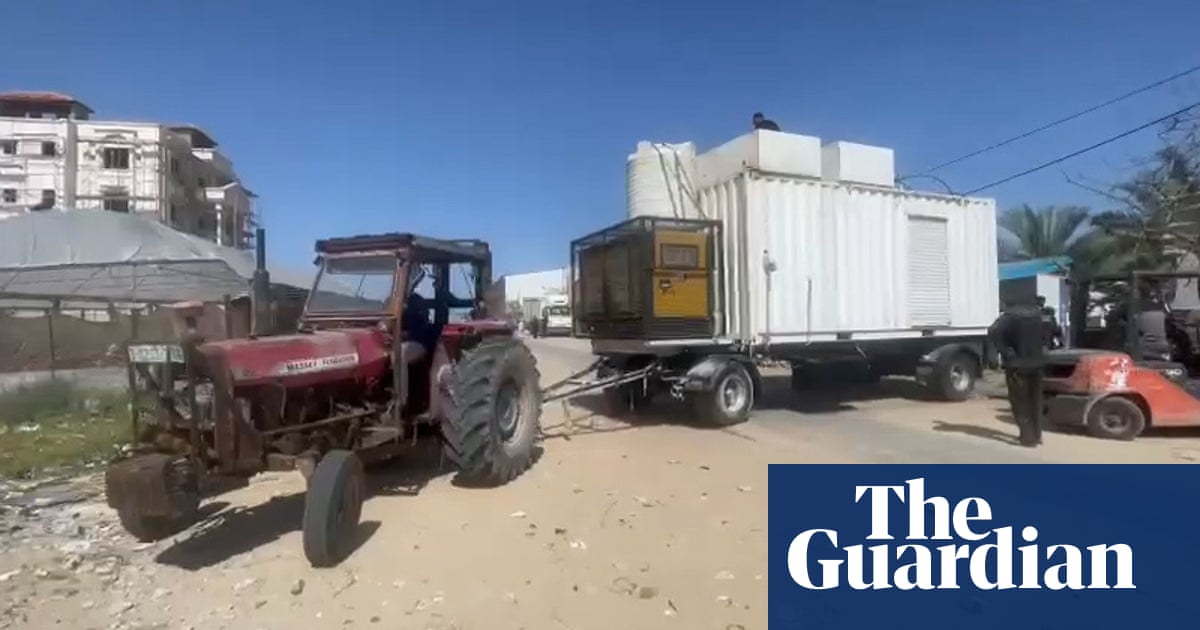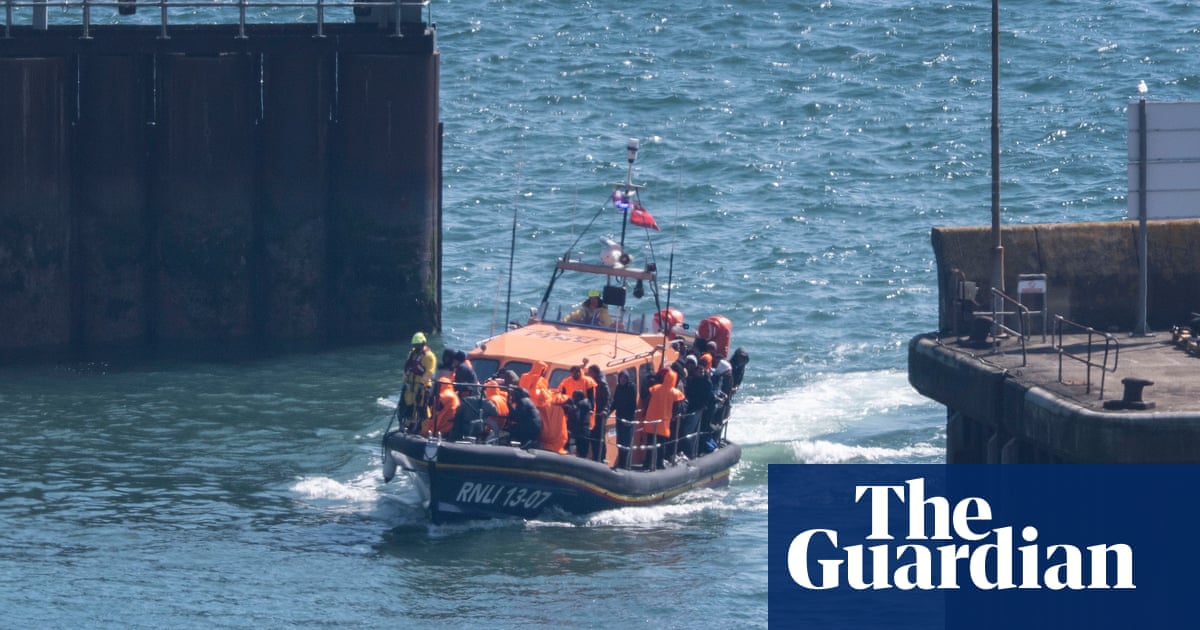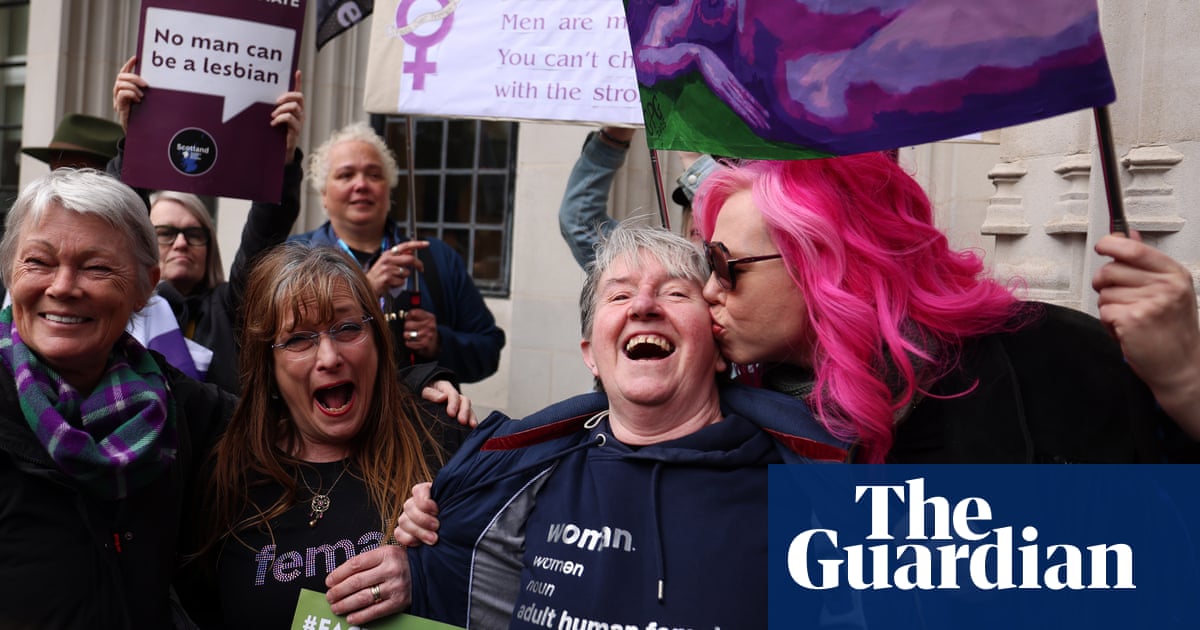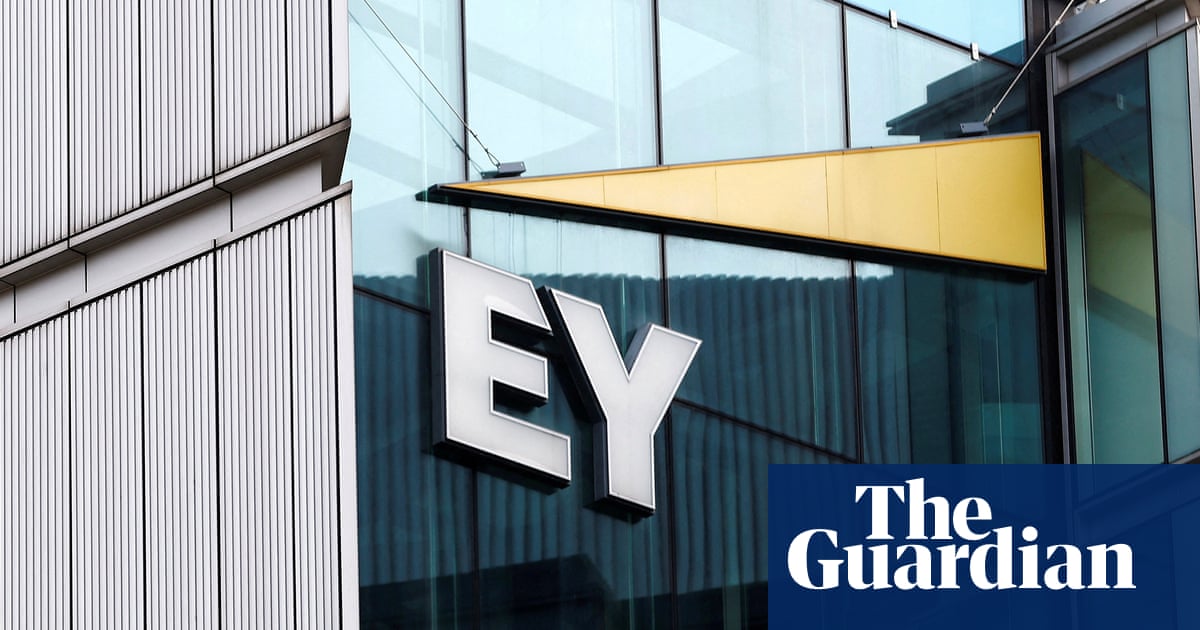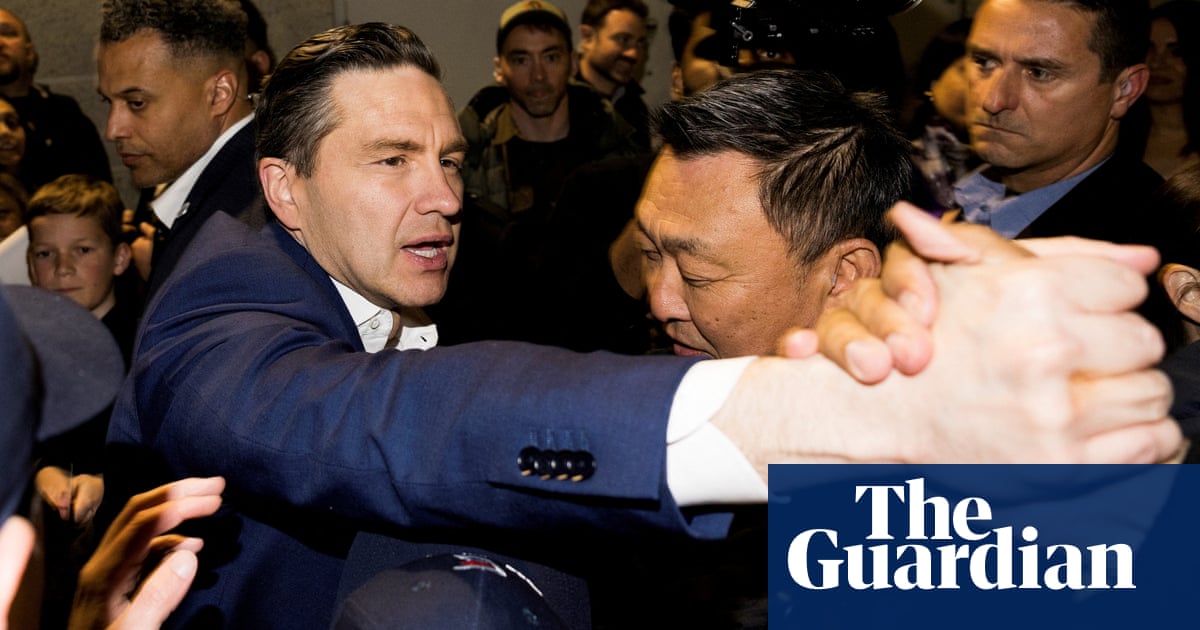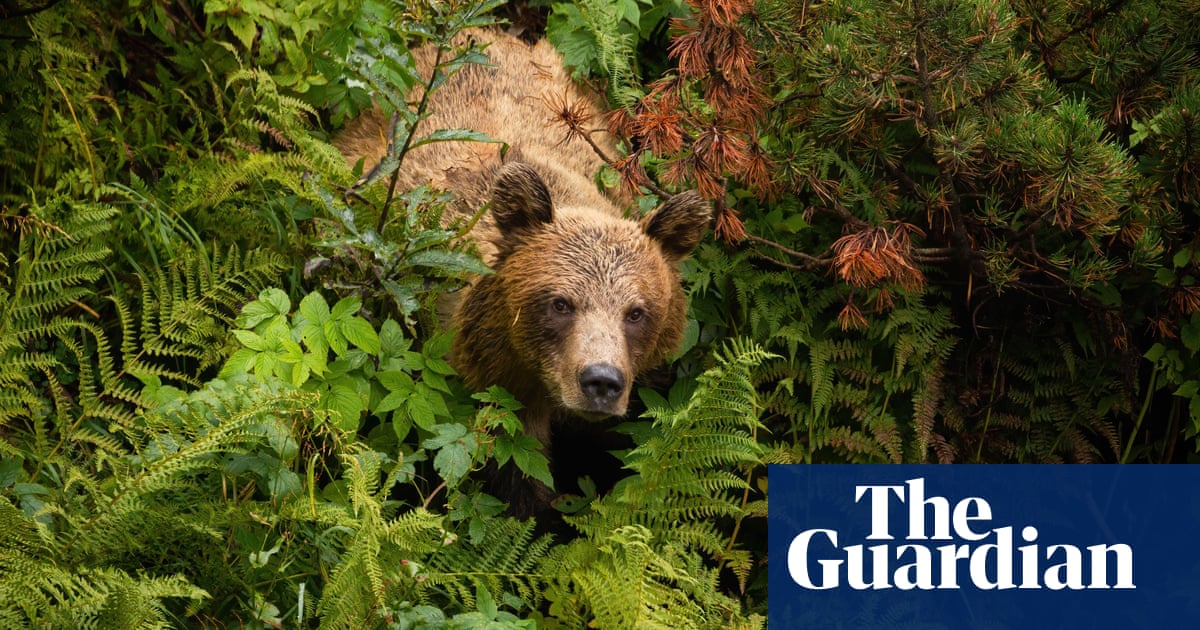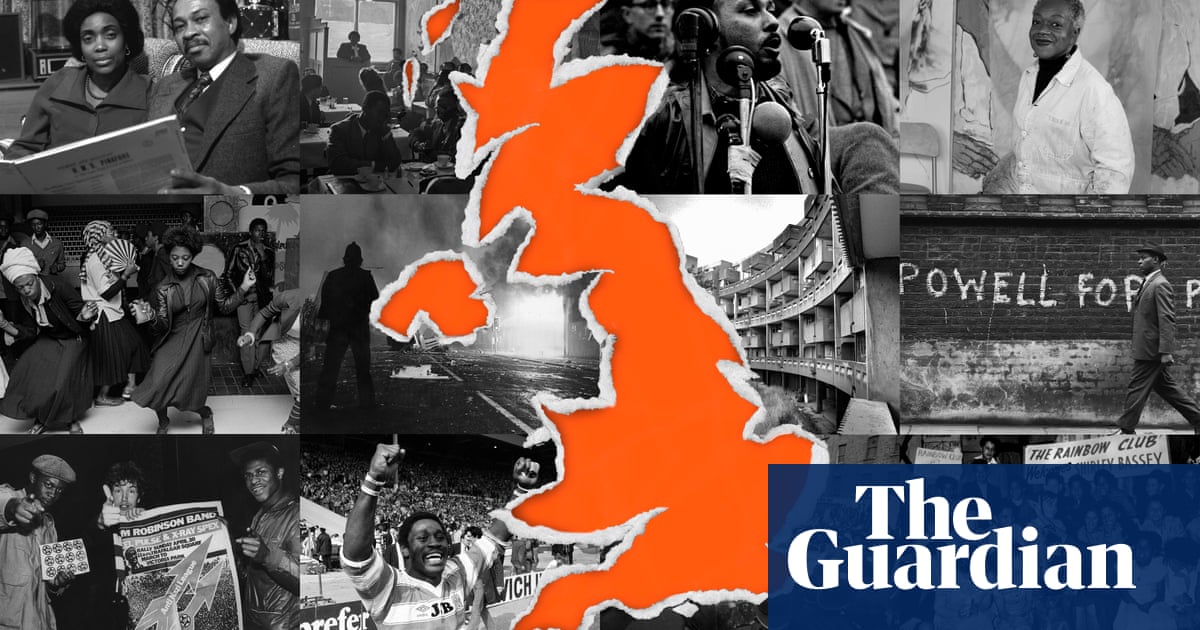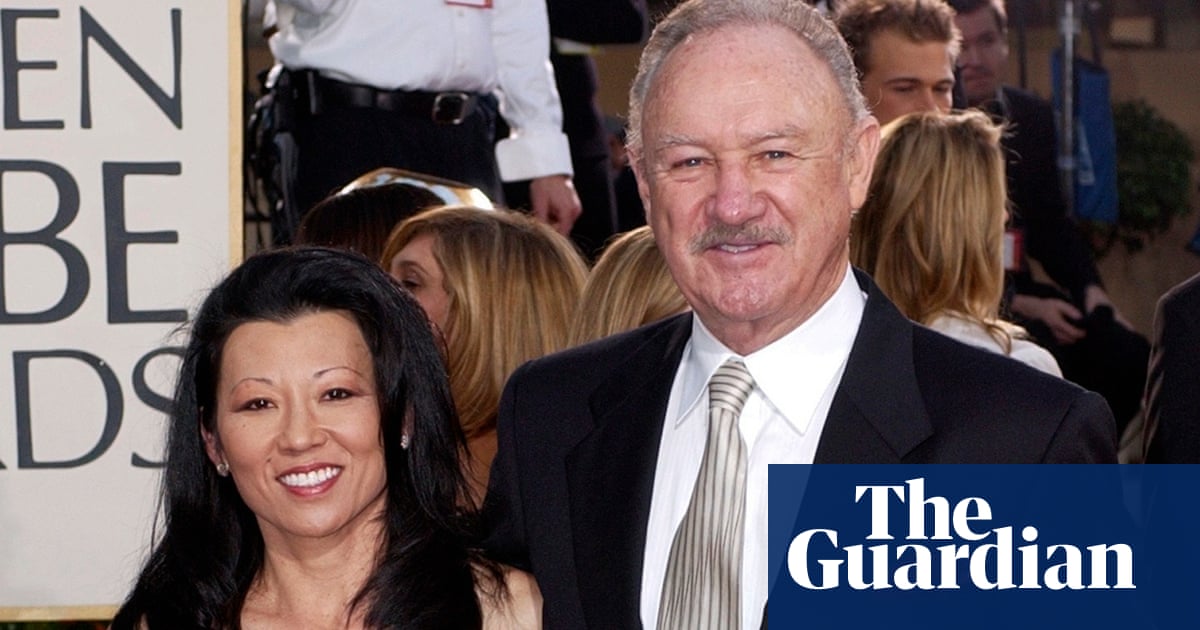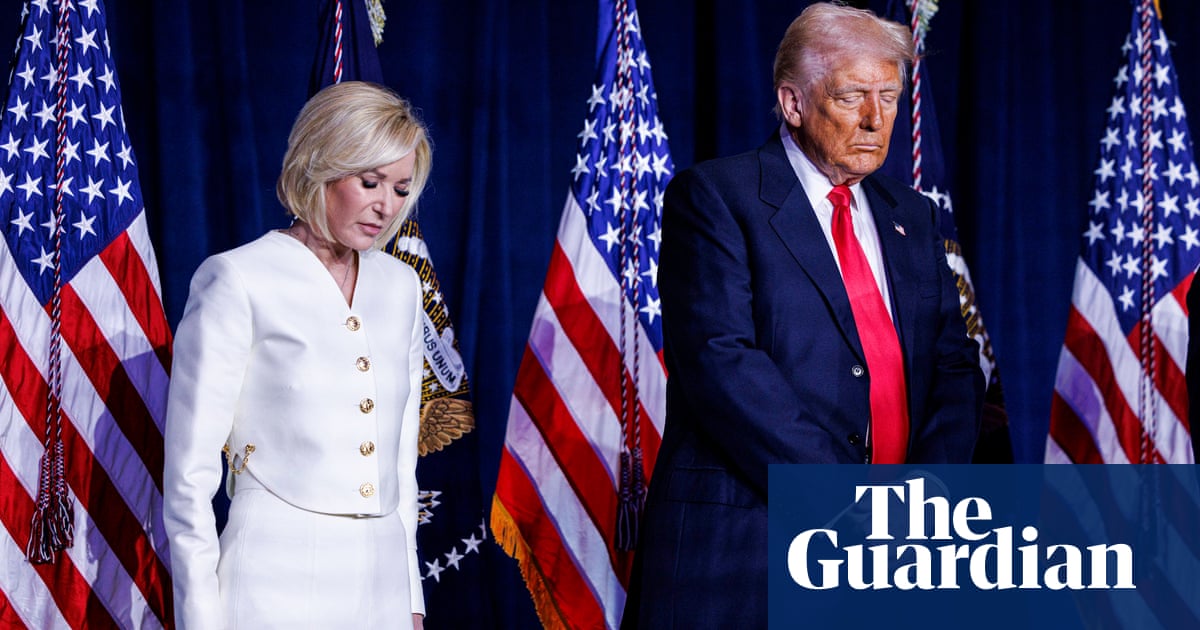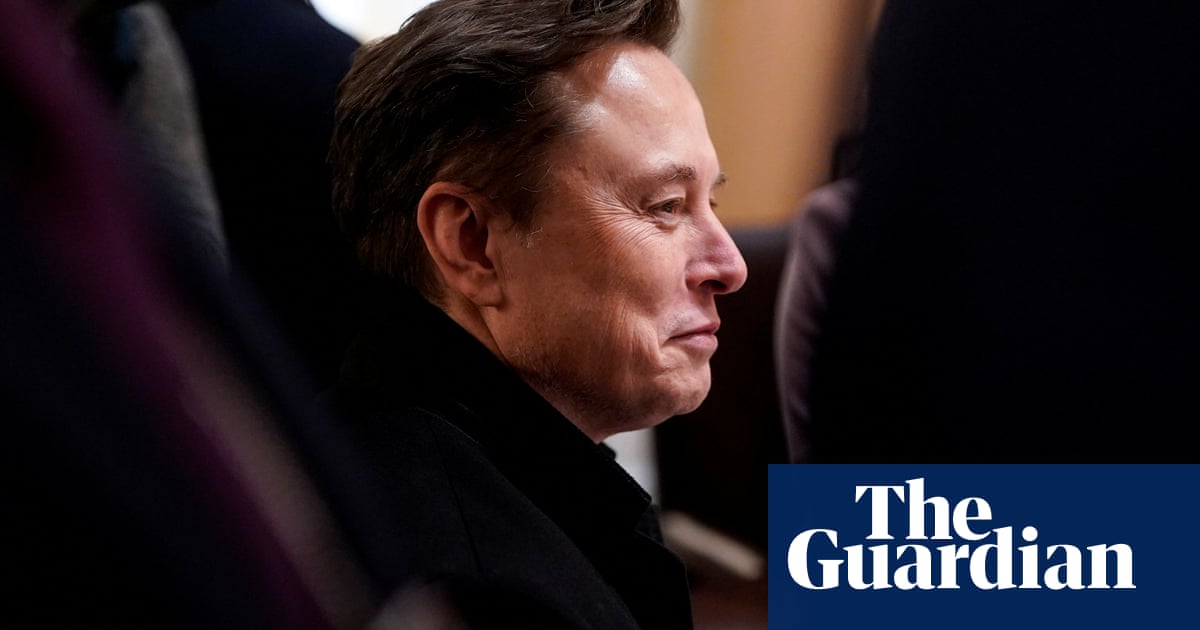Followers of a fugitive Indian Hindu guru on a mission to establish his own state are popping up across Latin America, offering hundreds of thousands of dollars to buy land in Ecuador, Paraguay and now Bolivia.
At the end of last year, a representative of the Baure Indigenous people in the Bolivian Amazon signed a “perpetual” contract leasing 60,000 hectares (148,260 acres) of their vast rainforest for $108,000 (£81,910) a year.
A representative of the Cayubaba Indigenous people signed a similar contract, leasing 31,000 hectares for $55,800 annually.
On the other end of the contracts, the profiteer was the United States of Kailasa, which, despite presenting itself to the Indigenous peoples as a nation, is not recognised by any country or the UN.
The fictional nation was created by Nithyananda – a self-anointed “godman” and the “supreme pontiff of Hinduism” – in 2019, after he fled India while facing charges of abducting children for his ashram and one of raping a follower.
After failed attempts to buy land in Ecuador and Paraguay – and even signing an agreement with the US city of Newark, which was later scrapped when officials realised Kailasa did not exist – the fake country turned to Bolivia.

Between September and November 2024, its representatives signed contracts with at least four Indigenous groups for the 1,000-year lease “with automatic and perpetual renewal” of their lands.
Everything seemed to go according to plan until the Bolivian newspaper El Deber exposed it last month.
“When I first read the contracts, I thought, ‘I must be imagining this’. They were so irrational that it felt like magical realism,” said Silvana Vicenti, the journalist who broke the story.
According to the contracts, seen by the Guardian, Kailasa would control vast swathes of land, “with full sovereignty and autonomy” within each Indigenous territory including rights over the airspace and all natural resources above or below the ground.
The Indigenous groups would be obliged to “defend Kailasa in any legal proceedings” and support its recognition “as a sovereign and independent state, protect it against aggression, and back its admission to international organisations such as the UN”.
For Vicenti, it seemed like “a monarchy with Indigenous subjects”.
Jhovana Morales, a lawyer from Fundación Tierra, an NGO that works on Indigenous land issues, said the contracts were abusive and violated several Bolivian laws. One example was the perpetual lease clause, as the civil code sets a maximum term of 10 years.
“The contracts are a total scam,” said Morales. “But the strangest part is that, to this day, no one knows exactly what happened. First, how did they get in? … How did they reach these places and start directly approaching sectors of Indigenous Amazonian territory?”
The Bolivian government has yet to provide all the answers.
After the case broke, it issued a statement denying diplomatic ties with the fictitious country.
A photo of the Bolivian president, Luis Arce, smiling as he receives a book entitled United States of Kailasa from a woman wearing a saffron-coloured sari has begun circulating.

Although Arce has not commented, his national director of migration, Katherine Calderón, said the woman had requested a picture with the president during an event – hosted by an Indigenous confederation in October – “as is common at any public gathering”.
On 24 March, Calderón announced that Bolivia had expelled 20 foreigners “linked” to Kailasa – of different nationalities, including Indian, British, American and Chinese – who had entered the country as tourists but were seeking to “obtain land” in Indigenous territories.
Experts such as Morales have criticised the decision, saying the government should have completed its investigation before expelling those who may have been involved.
Bolivian journalist associations issued a joint statement denouncing threats reporters had received “from representatives of the self-proclaimed state of Kailasa” since they began covering the case.
Nithyananda, whose whereabouts remains unknown, gave a “live presidential address” on social media last Wednesday to dispel “malicious rumours” allegedly spread by “anti-Hindu media outlets” claiming he was dead.
He did not mention Bolivia directly, but his YouTube channel has published videos where his followers admit to signing the lease agreements and claim they sought to “support environmental protection … and [provide] humanitarian aid” to the Indigenous communities.
The Guardian sent a list of questions to the Bolivian government and Kailasa’s “office of international relations” but has not received a response.
The Multi-ethnic Indigenous Territory II organisation, which includes the Ese Ejja people who signed the contract, issued a statement that said Kailasa had “manipulated” some of its representatives and taken “advantage of their vulnerability to extract a signature with the promise of easy money”.
The group added: “Our territory is not for sale, it is not for rent, and it is not subject to any kind of negotiation. Our land is the legacy of generations who have cared for and defended it with blood and resistance.”

.png) 1 week ago
14
1 week ago
14

